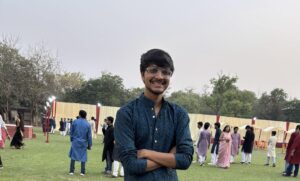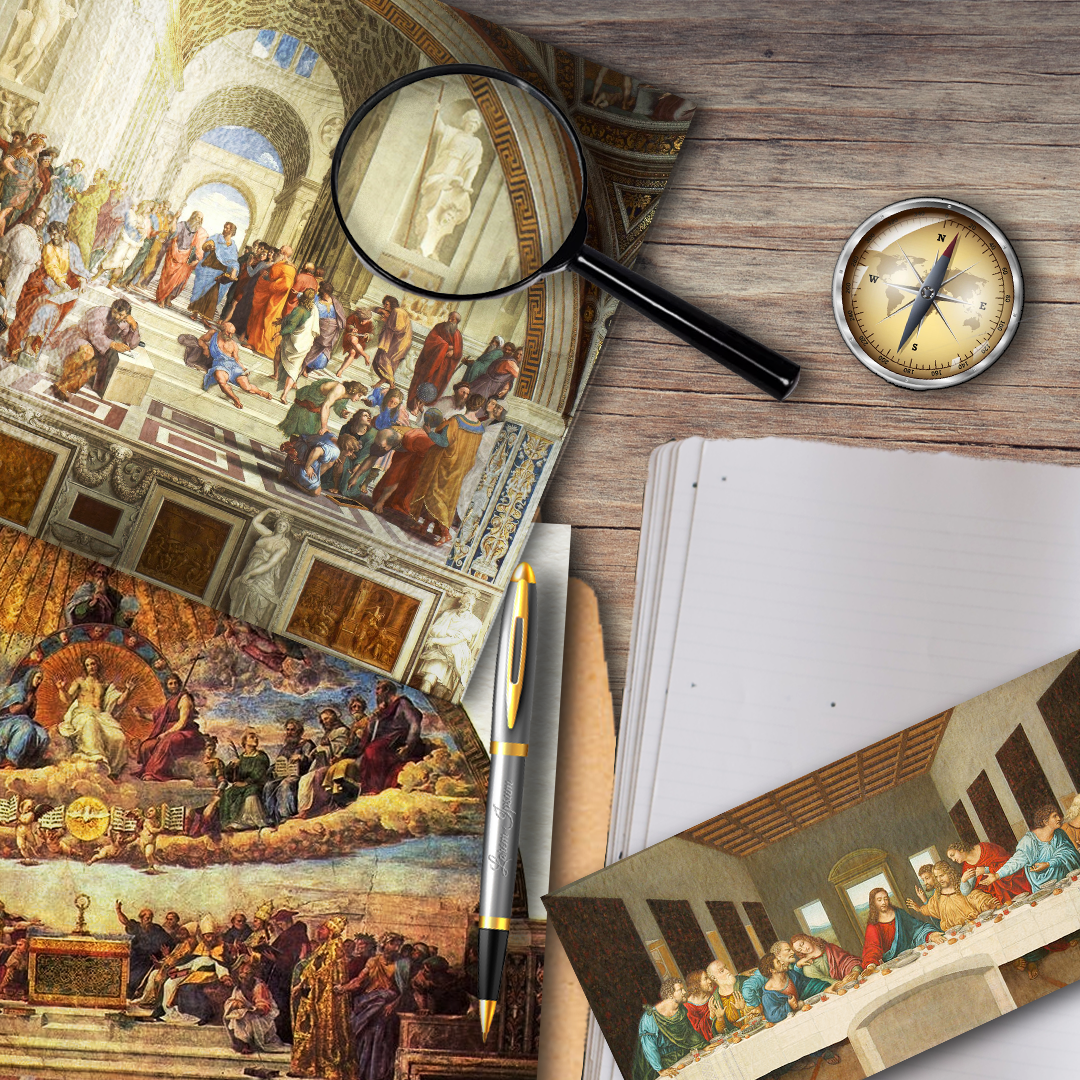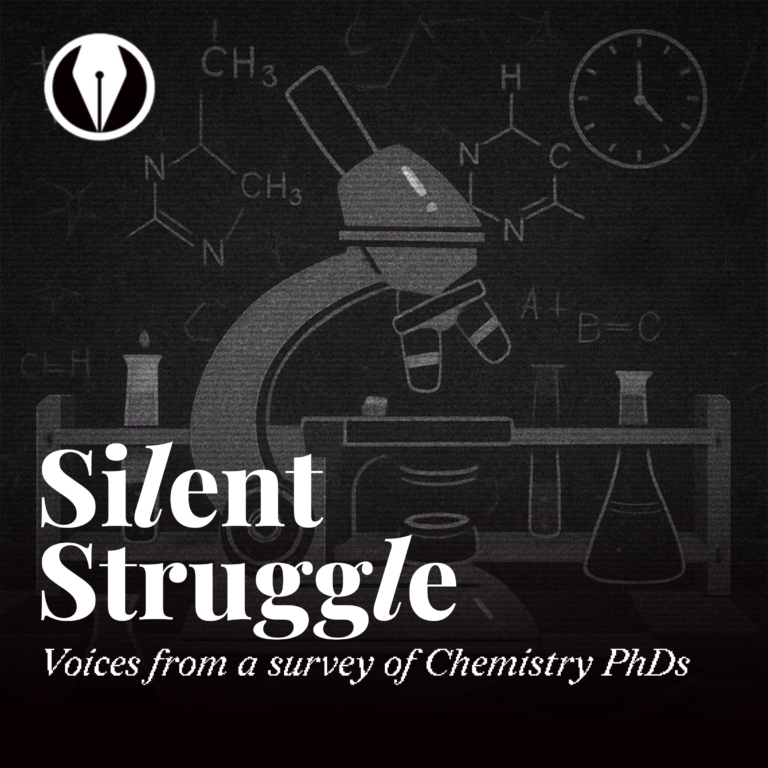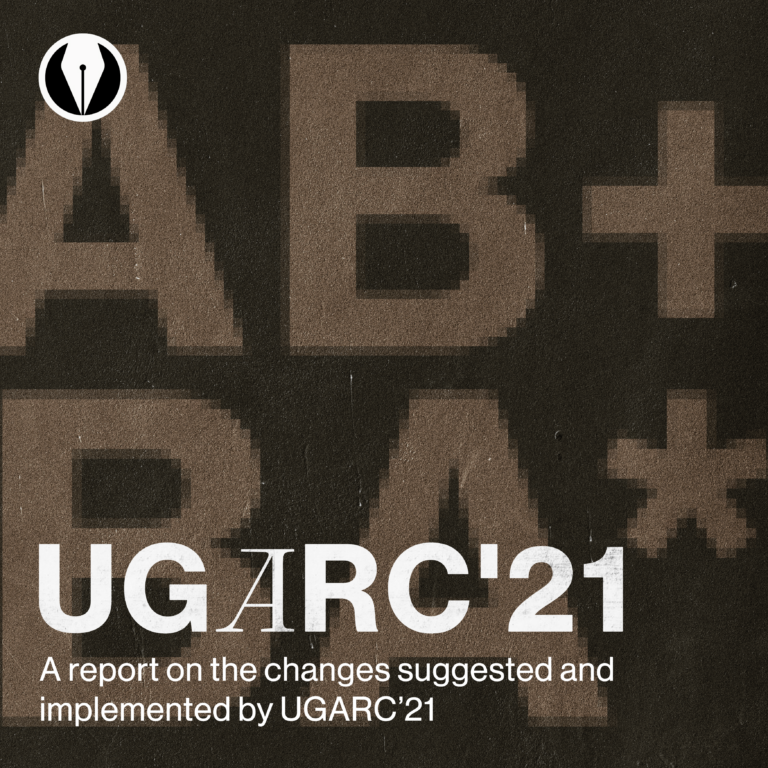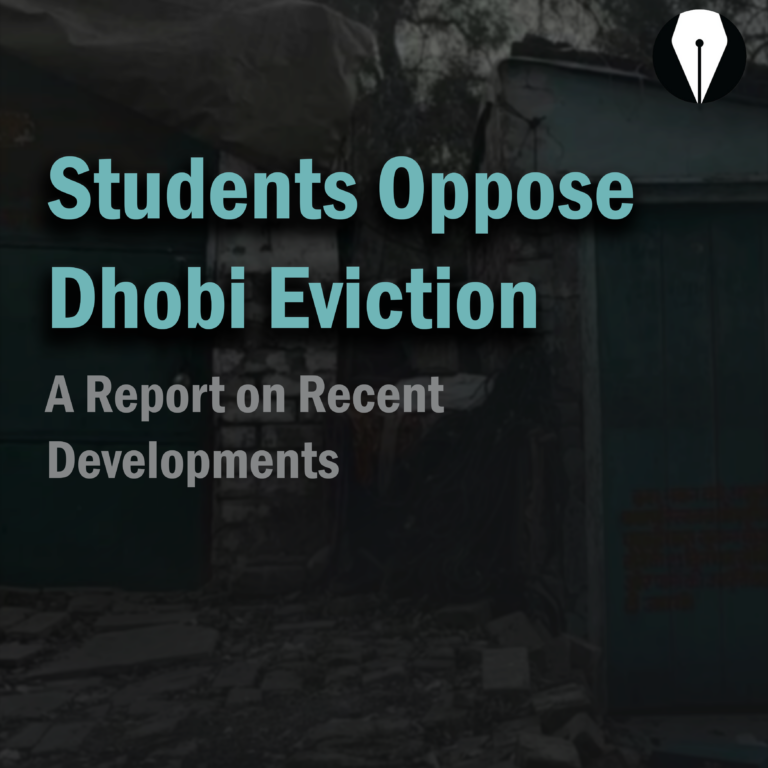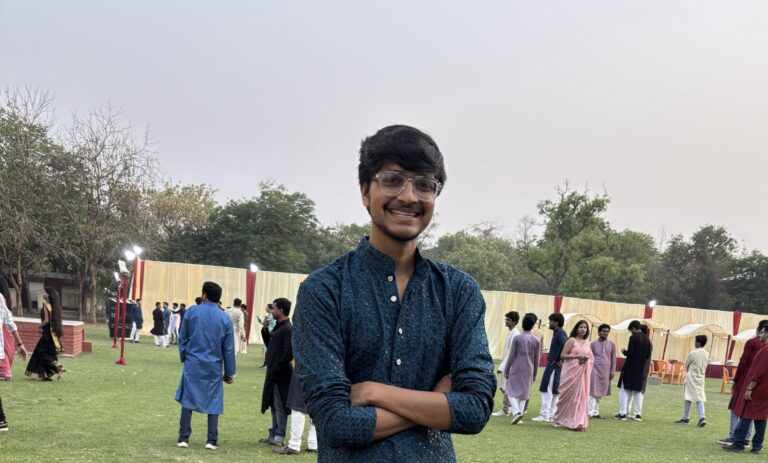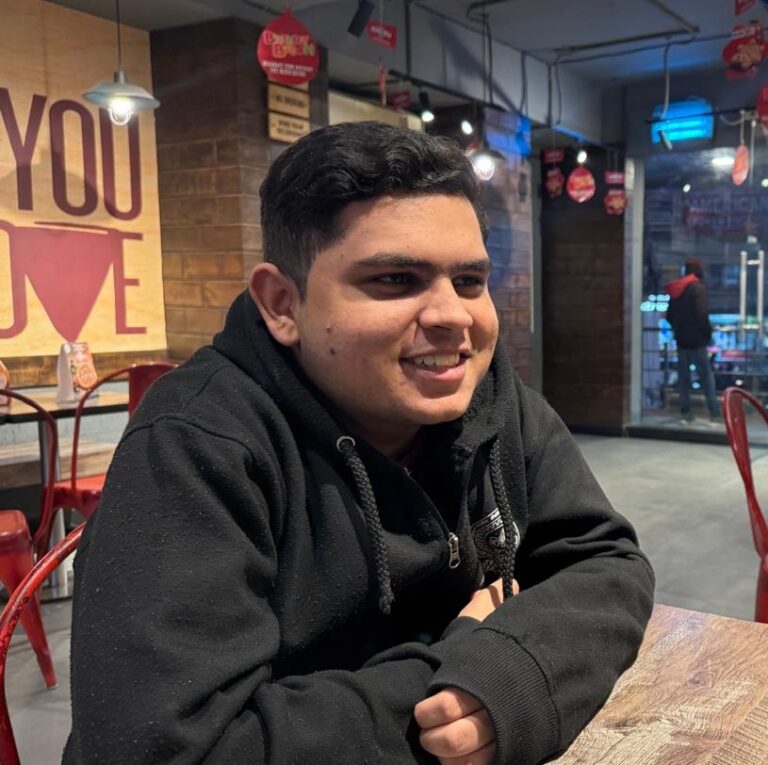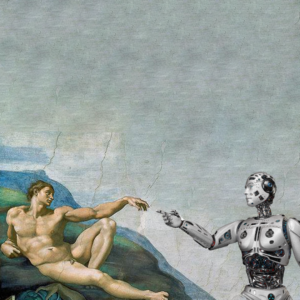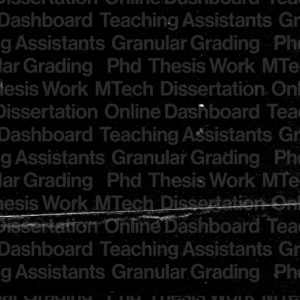Following from our previous survey piece, we interview and indulge in conversation with faculty members from the HSS department at IIT Kanpur to understand their motivations and the purview of the curriculum at our flagship engineering institute.
IIT Kanpur was among the few institutes that heralded the crossover between sciences and humanities in India. Prof. Mini Chandran, in her welcome address posted on the HSS website, states the reason behind it: “With an intent to sharpen the creative talents of the students and to help them evolve as better leaders and decision-makers, the institute allocated more than fifteen per cent of the total UG course credits to HSS courses.”
In what follows, we attempt to understand the nuances of this multi-layered statement to help our readers answer the question: Why does an engineering curriculum need humanities courses? This understanding will be developed through the perspective of faculty members while addressing the limitations of HSS courses owing to random course allotment.
Limitations of the System
Despite the positive impact of HSS courses on students, we still feel dissatisfaction brewing among them. In light of this observation, the question then shifts to the elephant in the room. We asked the survey respondents if there were anything else of importance they would like to share, and a repeated concern was the inefficiency of the lottery system.
One of the primary reasons for this is that the need for a lottery system is not evident. It is not very transparent and is essentially a black box that spits out the course one should do without regarding the student’s choice, as suggested by the data in the survey. One argument for the lottery system is that some people are not interested in any HSS course, so they must be allotted a course. Even without the lottery system, such people would do HSS courses to satisfy credit requirements, thereby invalidating this argument. So we cannot say there isn’t merit in the students’ cries against the lottery system.
To an extent, even the faculty members see and agree with this issue. Still, a resolution for it is not so easily sought. Prof. Braj Bhushan identified two significant problems with allowing students to take an HSS course of their choice. Firstly, how many courses can be offered? Each course requires infrastructure, a commitment that can’t be easily met. He points out a few intelligent solutions to this, like providing some courses online (the productivity of which will be a debatable issue) or having multiple parallel classes with multiple faculty members. Nevertheless, he also accepts that physical limitations constrain the institute from carrying out these solutions.
Secondly, if the department is offering 25 courses (say), then a load of students per course should be equally distributed. Prof. AVR Sarma points out that maintaining a healthy teacher-student ratio in every course is important. This would not be easy to carry out if the choice was given preference, so, in his opinion, the lottery is the best system we can get under the circumstances. Apart from these practical problems, Prof. Bhushan agrees that ideally, students should be allowed to take a course of their choice as this would aid in the completion of minors and help them engage with disciplines with a newfound interest.
From Knowledge to Wisdom
With that background of evaluating the positives and negatives, we are now equipped to ponder on the big question. Why do we need HSS courses? One look at the effect that HSS courses have had on students gives us a place to start. The numbers speak for themselves, as noted in the previous article. Another way is to understand where the faculty members come from when teaching and designing HSS courses for technical students. What benefit do they think they can impart to the new generation?
Prof. AVR Sarma, who takes up Logic and Philosophy of Science courses for undergraduates, states that he models his lessons to teach students the power of argumentation. The talent of IITK students sees them placed in high positions. When they have to deliver a pitch to investors or get a policy approved by superiors, their ability to communicate their point shouldn’t be flawed with logical inconsistencies or thwarted by the lack of context and critical thinking.
Prof. Sarma understands some students’ disinterest in certain topics and tries to make up for it by introducing the subject through innovative pedagogy, like puzzles and paradoxes. He was a science student until his master’s and feels that moving to Philosophy helped him comprehend the world with a broader lens. He hopes to inculcate that perspective within his students so that they are humanised as leaders and try to look beyond short-term problems and solutions. An argument on similar lines can be made for courses in English that teach you about the relationship between fiction and reality and help you understand the ‘isms’ affecting modern thinking, among other things. In the future, if you wish to join think tanks, policy-making committees, and consultancies, having a grasp over such intricacies will make you a cut above the rest.
Prof. Bhushan teaches introductory courses in Psychology and believes that HSS is the anchor of all subjects. His cross-disciplinary interests have allowed him to collaborate with researchers from multiple fields. This experience has led him to believe that humanities and social sciences help in weaving together the threads from other disciplines to tackle real-life problems efficiently. He illustrates his point with an example –
Ageing as a biological process and how it affects the elderly is a part of sociology. The list of problems associated with it would include the likes of dementia and tremors. As a computer engineer, you can program a device that helps overcome the challenge of dementia. Still, you need to take a course in sociology to figure out the demographic details you wish to cater. Unless you have engaged in psychology courses, grasping dementia as a health issue with implications on the condition of living will be arduous. A similar understanding applies to helping patients with tremors which make it difficult for them to walk. A material science engineering student with a background in art and design is better equipped to develop an innovative, lightweight shoe material to help older adults affected by it to walk.
To Sum Up
Suppose one keeps studying technology and sciences without understanding how they can be used to better the human condition. In that case, it will defeat the purpose of education. Creative research is a product of the overall development IIT Kanpur plans for its students by allowing them to explore HSS courses. Life isn’t only about seeing things as they are but also about making meaning out of them, for which an all-round approach is of utmost importance. The takeaway from this article should be that humanistic inquiry is intricately tied with scientific investigations, and connecting these lines helps transform knowledge into wisdom.
Credits: Sugandhaa Pandey
